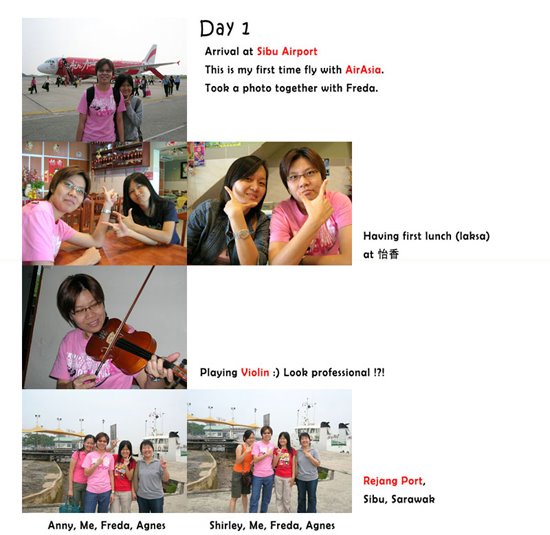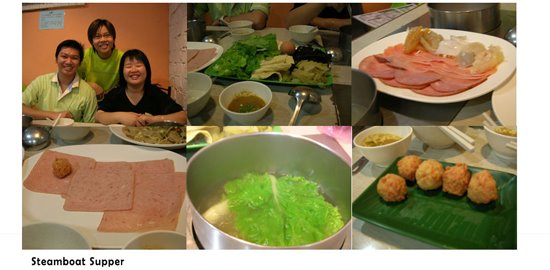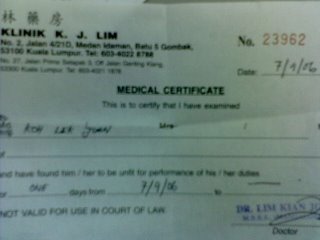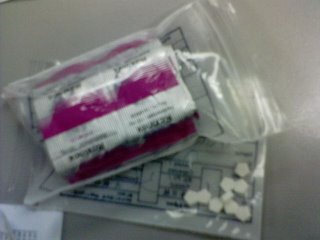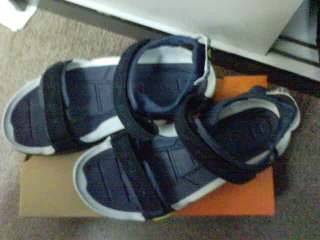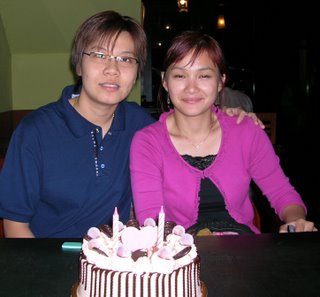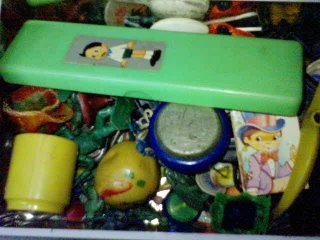The bacteria H. pylori (Helicobacter pylori) usually don't cause problems in childhood. However, if left untreated the bacteria can lead to digestive illnesses, including gastritis (the irritation and inflammation of the lining of the stomach), peptic ulcer disease (characterized by sores that form in the stomach or the upper part of the small intestine, called the duodenum), and even stomach cancer later in life.
But even though the bacteria can cause these illnesses, experts believe that most H. pylori infections are "silent" and produce no symptoms.
The bacteria are found everywhere in the world, but especially in developing countries, where up to 10% of children and 80% of adults can have laboratory evidence of an H. pylori infection - usually without having any symptoms.
In industrialized countries, the infection is rare in children, and only about 40% of adults are infected. The risk of infection is higher for those who live in overcrowded or unsanitary conditions.
What Are the Signs and Symptoms?Anyone, including a child, can have an H. pylori infection without knowing it. When the bacteria do cause symptoms, they're usually either symptoms of gastritis or peptic ulcer disease.
In children, symptoms of gastritis may include nausea, vomiting, and frequent complaints about pain in the abdomen. However, these symptoms are seen in many childhood illnesses.
H. pylori, which used to be called Campylobacter pylori, can also cause peptic ulcers (commonly known as stomach ulcers). In older children and adults, the most common symptom of peptic ulcer disease is a gnawing or burning pain in the abdomen, usually in the area below the ribs and above the navel. This pain typically gets worse when someone with ulcers has an empty stomach and improves as soon as he or she eats food, drinks milk, or takes antacid medicine.
Children who have peptic ulcer disease can have ulcers that bleed, causing hematemesis (bloody vomit or vomit that looks like coffee grounds) or melena (stool that's black, bloody, or looks like tar). Younger children with peptic ulcer disease may not have symptoms as clear-cut as those of older children, and their illness may be harder to diagnose.
Is It Contagious?Scientists suspect that H. pylori infection may be contagious, because the infection seems to run in families and is more common where people live in crowded or unsanitary conditions. Although research suggests that infection is passed from person to person, exactly how this happens isn't really known.
How Is It Diagnosed?Doctors can make the diagnosis of an H. pylori infection by using many different types of tests. Your child's doctor may:
look at the stomach lining directly with an instrument called an endoscope. This procedure is performed under sedation and involves inserting an endoscope - a small, flexible tube with a tiny camera on the end - down your child's throat and into the stomach and duodenum. The doctor may then take samples of the lining to be checked in the laboratory for microscopic signs of infection and for H. pylori bacteria.
do blood tests, which can detect the presence of H. pylori antibodies. Blood tests are common, although they typically aren't as accurate for children as they are for adults.
do breath tests, which can detect carbon broken down by H. pylori after the patient drinks a solution. But breath tests are also used mostly in adults.
How Is It Treated?
Doctors treat H. pylori infections using antibiotics. Because a single antibiotic may not kill the bacteria, your child may be given a combination of antibiotics.
If your child has symptoms of bleeding from the stomach or small intestine, these symptoms will be treated in a hospital.
Because H. pylori infection can be cured with antibiotics, the most important home treatment is to give your child any prescribed antibiotic medicine on schedule for as long as your child's doctor has directed. Your child's doctor may also give antacids or acid-suppressing drugs to neutralize or block production of stomach acids.
One way to help soothe the abdominal pain of H. pylori infections is by following a regular meal schedule. This means planning meals so that your child's stomach doesn't remain empty for long periods. Eating five or six smaller meals each day may be best, and your child should take some time to rest after each meal.
It's also important to avoid giving your child aspirin, aspirin-containing medicines, ibuprofen, or anti-inflammatory drugs because these may irritate the stomach or cause stomach bleeding.


















